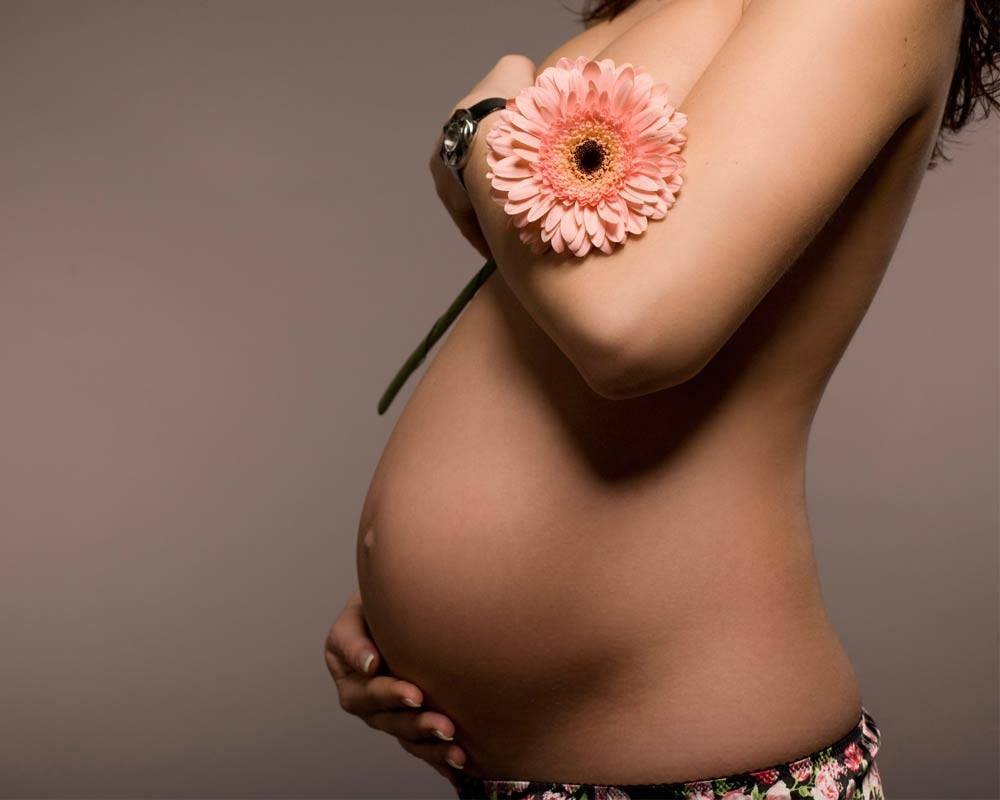Why You Should Avoid Chemical Exposure During Pregnancy
Toxins are everywhere. They can leach into your body through personal care products, clothes, furniture, and other household items. In fact, they may even enter your body through the foods and beverages you consume. There are over 70,000 chemicals currently in use by US industries – and a good number of these compounds have not been adequately tested.
Pregnant women should always remember that during those nine months, their unborn child is at its most vulnerable to chemical exposure. Their blood-brain barrier may not be developed enough to protect them from environmental toxins and it is up to the mother to protect them from chemical exposure.
What Happens When Children Are Exposed to Toxins in Utero
Tests commissioned by the EWG have detected over 200 chemicals in the blood samples of newborns. Of this number, 180 are known carcinogens, while 217 are linked to brain and nervous system damage. Additionally, animal tests associate 208 of these chemicals with birth defects and abnormal development.
Researchers believe the rising rates of birth defects, neurodevelopmental issues, and other health issues in children are the consequence of dangerous toxic exposure. Here is a partial list of conditions that have been linked to chemical exposure during pregnancy:
- Interference with sexual orientation in utero
- Genital deformations, such as micropenis, underdeveloped testicles, and hypospadias (when the urethra forms on the underside of the penis)
- Autism and neurodevelopmental delays
- Endocrine disruption
- High blood pressure, decreased fertility, premature delivery, and diabetes (in mothers)
Even more alarming is that the toxins infants are exposed to while in the womb may affect their inherited genes, impacting the health of your grandchildren and great-grandchildren.


